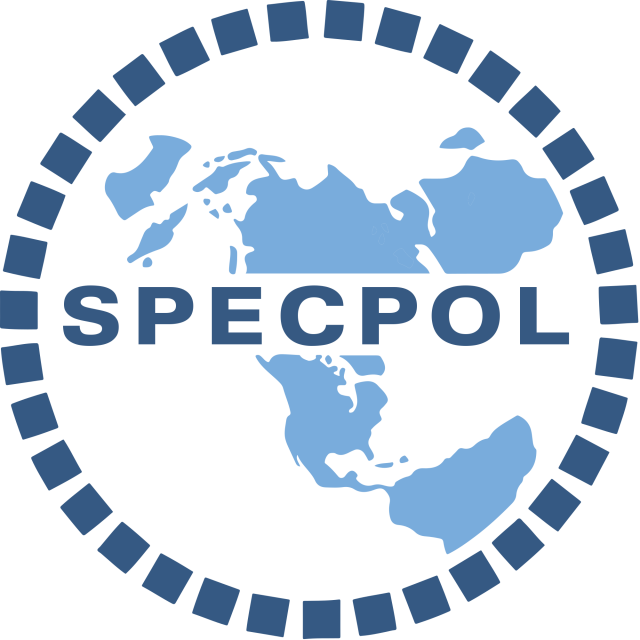Committee Overview
The Special Political and Decolonization Committee (SPECPOL) is the Fourth Committee of the United Nations General Assembly. It was formed in 1990 when the Decolonization Committee and the Special Political Committee were combined. The UN established the “International Decade for the Eradication of Colonialism” from 1990 to 2000, marking an important time for the UN’s decolonization work. When the UN was founded, 750 million people lived under colonial rule. Since 1945, over 80 former colonies have gained independence, thanks in part to the work of the Fourth Committee. Today, fewer than two million people live in 17 Non-Self-Governing territories, and SPECPOL holds hearings with petitioners, including civil society organizations and private individuals, from these areas. SPECPOL also covers issues related to the Middle East, Palestinian refugees, and Israeli practices, as well as topics like the effects of atomic radiation, peacekeeping operations, space exploration, and international cooperation for peaceful uses of outer space.
Topic A: The Status of France's Overseas Territories
French territories across the world have a variety of special status positions in France’s constitution. Such citizens hold French and territorial citizenship. Over the past decades, several territories have begun moving toward a more sovereign political system and seek more political representation from Indigenous groups in elections. Tensions have increased as referendums have been called to determine territorial status in Overseas France. Violent protests have also emerged across the territories. Most recently, in summer 2025, a document regarding the status of New Caledonia will potentially grant increased control and self-governance to the native population. Other populations are still agitating against French control. French Guiana is facing political turmoil and struggling with a lack of autonomy amidst regional tensions. Interestingly, not all territories of Overseas France wish to change their non-self governing status. This will require delegates to consider how to balance the right of people to self-govern, which SPECPOL promotes, with resolving political uncertainty in the territories and preventing future unrest.
Topic B: Sovereignty of Disappearing Island Nations
Climate change is a serious issue for many islands around the world. Rising sea levels threaten to flood homes and even wipe entire countries off the map. The Intergovernmental Panel on Climate Change (IPCC) predicts that sea levels could rise by 0.95 feet (0.29 meters) to 3.61 feet (1.1 meters) by the end of this century. Many small islands are only a few meters above current sea levels and are at risk of being completely submerged. Some of the most vulnerable places include Antigua and Nevis, Kiribati, the Federated States of Micronesia, the Maldives, the Marshall Islands, Tonga, and Tuvalu. The Maldives, for example, has its highest point at only 2.4 meters above sea level, and rising seas could submerge all 1,200 islands. Similarly, NASA reports that Tuvalu could be below the level of high tide by 2050. The government of Tuvalu is creating a digital version of the country, including its houses and trees, in order to preserve its culture and protect the legal rights of its 11,000 citizens. International law has some issues when it comes to the sovereignty of island nations. To be recognized as a sovereign country, the islands need both a clearly defined territory and a permanent population. Climate change is making it harder for island nations to meet these requirements, as many will soon become uninhabitable. Delegates in this committee will need to come up with new legal, environmental, and diplomatic solutions to protect the sovereignty, culture, and rights of island nations and their citizens.

